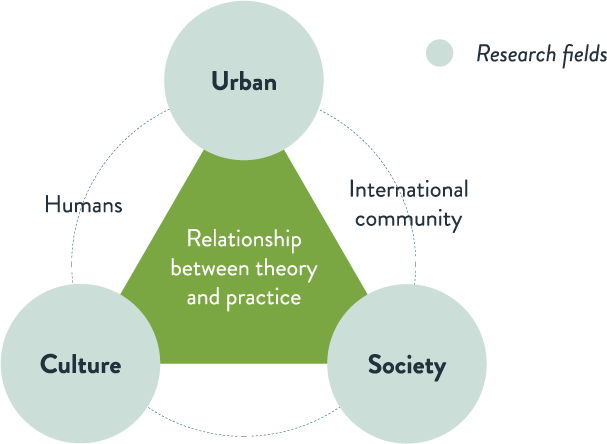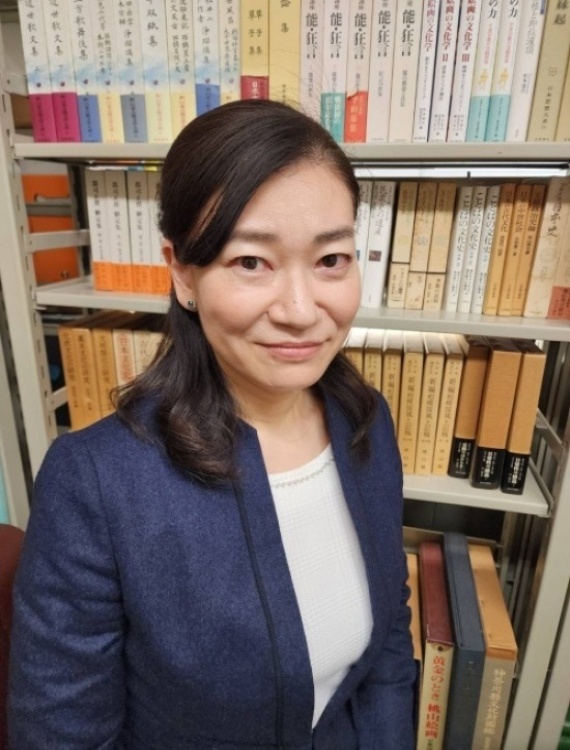Building on a deep understanding of humanities, social science and natural science, the Graduate School of Urban Social and Cultural Studies proposes an interdisciplinary approach to solving the ever more complex challenges of our urban society. The school works closely with the community and, as a public institution of the city of Yokohama, benefits from collaboration with city agencies and international organizations. The goal of the Graduate School of Urban Social and Cultural Studies is to train students who can tackle the various problems that modern society presents us with - especially those that relate to the topic of urban society - in a practical manner and from a foundation of deep understanding of humans and culture.
Degree awarded Master of Arts (MA); Doctor of Philosophy (Arts)
Duration 2 Years (MA); 3 Years (PhD)
Medium of instruction Mainly in Japanese
Study in English Depends on supervisor
Duration 2 Years (MA); 3 Years (PhD)
Medium of instruction Mainly in Japanese
Study in English Depends on supervisor
Language requirements JLPT N2 or higher
Non-degree program Available (Research only)
Admission capacity Master's program: 20, Doctoral program: 3
Non-degree program Available (Research only)
Admission capacity Master's program: 20, Doctoral program: 3
Course Structure
Graduate School Philosophy

Curriculum
Master's program
It consists of the following courses and completes a total of 30 credits over two years.
| Comprehensive Research Subjects (4 credits) | Courses that invite off-campus lecturers to stimulate practical interest |
|---|---|
| Special Courses (14 Credits) | Lecture subjects that deepen expertise |
| Basic Courses (4 credits or more) | Humanities courses aiming to understand people and culture |
| Special Lectures (6 credits or more) | Subjects to explore applied and practical issues |
| Seminar subject (8 credits) | Seminar subject that provides research guidance for the preparation of a master's thesis |
| Master's thesis (4 credits) | Credits earned by submitting a master's thesis |
Doctoral program
A total of 20 credits will be earned from the following subjects in three years, and will be completed after a doctoral thesis examination.
| Multidisciplinary Exchange Exercises (2 credits) | Seminar subject to acquire a comprehensive and interdisciplinary viewpoint |
|---|---|
| Specialized Subjects (6 credits) | Lectures to deepen expertise in each field |
| Research Exercise Subjects (12 credits) | Subjects for research guidance for the preparation of doctoral dissertations |
This page is under construction.
Urban
Africa studies, Architectural planning, China studies, Community design, Community resilience, Condominium management, Development aid, Development geography, Disaster management, Economic geography, Environmental psychology, Environmental studies, Geographic Information Systems (GIS), Housing policies, Housing policy, Management of living environment, Property management, Real estate sciences, Urban design, Urban environments for children, Urban geography, Urban planning, Urban planning, Urban studies, etc.
Culture
American literature, Applied ethics, Clinical psychology, Cultural anthropology, Culture of healing, Developmental psychology, Educational administration, Educational management, Educational psychology, Ethics, Ethnicity, Gender studies, Higher education, Iranian area studies, Islamic area studies, Japanese history, Mental health, Modern history of Iran, Multiculturalism, Phenomenological theory of humankind, Philosophical logic, Political history of pre-modern China, Psychoanalysis, Social psychology, Sociolinguistics, Western history, etc.
Society
Economic systems, Economics of living and welfare, Education for immigrant children in Japan, Global economics, Global governance, Global politics, Global public policy, International law, Local society and minorities, Media, Modern society, Social theory, Socioeconomic history of Thailand, Sociology of culture, Southeast Asian studies, Visual media and culture, etc.
Message from the Dean
The Graduate School aims to develop human resources who can tackle the rapidly changing problems of modern society with a focus on urban, regional, and international issues, based on a deep understanding of human beings and culture.
ICT (Information and Communication Technology) has instantly connected the world. AI (Artificial Intelligence) and DX (Digital Transformation) have drastically changed our view of humanity along with globalization.
In order to understand the complex issues that arise in modern urban society in a structurally in-depth manner and to find solutions with a long-term perspective, cross-disciplinary and interdisciplinary approaches that go beyond the boundaries of specific specialized fields are required.
In addition, when tackling concrete and realistic issues, it is necessary to examine the issues based on human insight through the academic results of the humanities and to have a focus on interpreting the meaning of the issues.
Based on this philosophy, the Graduate School is characterized by its multi-disciplinary education and research system that allows us to solve various issues in modern society and interpret them from an academic perspective.
In addition to actively accepting working adults, we also hold educational programs in cooperation with industry, academia, government, and local communities, as well as interdisciplinary study groups, in order to enhance the practical ability to solve problems and awareness of problems in local communities, and to promote active research exchange between graduate students, faculty members, and guest lecturers.
ICT (Information and Communication Technology) has instantly connected the world. AI (Artificial Intelligence) and DX (Digital Transformation) have drastically changed our view of humanity along with globalization.
In order to understand the complex issues that arise in modern urban society in a structurally in-depth manner and to find solutions with a long-term perspective, cross-disciplinary and interdisciplinary approaches that go beyond the boundaries of specific specialized fields are required.
In addition, when tackling concrete and realistic issues, it is necessary to examine the issues based on human insight through the academic results of the humanities and to have a focus on interpreting the meaning of the issues.
Based on this philosophy, the Graduate School is characterized by its multi-disciplinary education and research system that allows us to solve various issues in modern society and interpret them from an academic perspective.
In addition to actively accepting working adults, we also hold educational programs in cooperation with industry, academia, government, and local communities, as well as interdisciplinary study groups, in order to enhance the practical ability to solve problems and awareness of problems in local communities, and to promote active research exchange between graduate students, faculty members, and guest lecturers.

Ikuyo Matsumoto (Professor),
dean of the Graduate School of Urban Social and Cultural Studies
Graduate School of Urban Social and Cultural Studies Faculty List
Click on the link below to view our researchers list.

